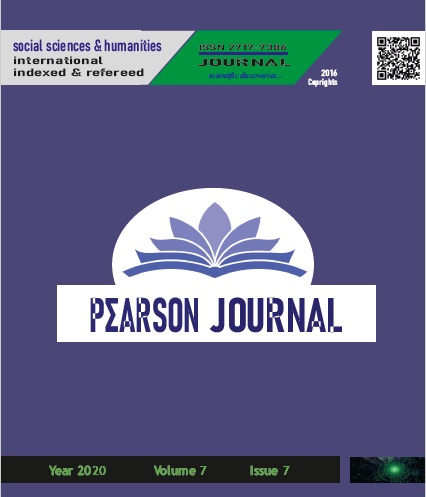SIGNIFICANCE OF HUMAN CAPITAL AND SOCIAL CAPABILITIES ON ECONOMIC GROWTH OF THE GAMBIA
DOI:
https://doi.org/10.46872/pj.89Keywords:
Economic Growth, Human Capital, The Gambia, ADF, Granger Causality, Cointegration, Vector Error Correction Model TestAbstract
Since time immemorial, economic growth has been a chief concern for macroeconomic policymakers in every country. The significance of human capital in achieving these concerns is making waves in the space of contemporary development economics. Much theoretical and empirical evidence has shown that human capital accumulation (education and health) and their collective capabilities are a vital variable for economic development. This paper investigates the existing literature on the importance of human capital and social capabilities on the economic growth of the Gambia from 1990- 2019. Using annual time series economic data, we applied the econometric techniques of the ADF test to prove stationarity, rejection, and acceptance of the hypothesis of Granger causality and rejection of the null hypothesis of Johansen’s cointegration test. The Vector Error Correction Model (VECM) model was conducted, and the findings indicated a positive relationship between education and GDP in the long-run and a bidirectional relationship in the short-run. Thus, we recommended the policymakers to create strategic and prudent policies that would promote accessible and quality education with modern technologies to improve the economic growth of The Gambia. We concluded on the premise that investment in people translates to a country's economic growth.




